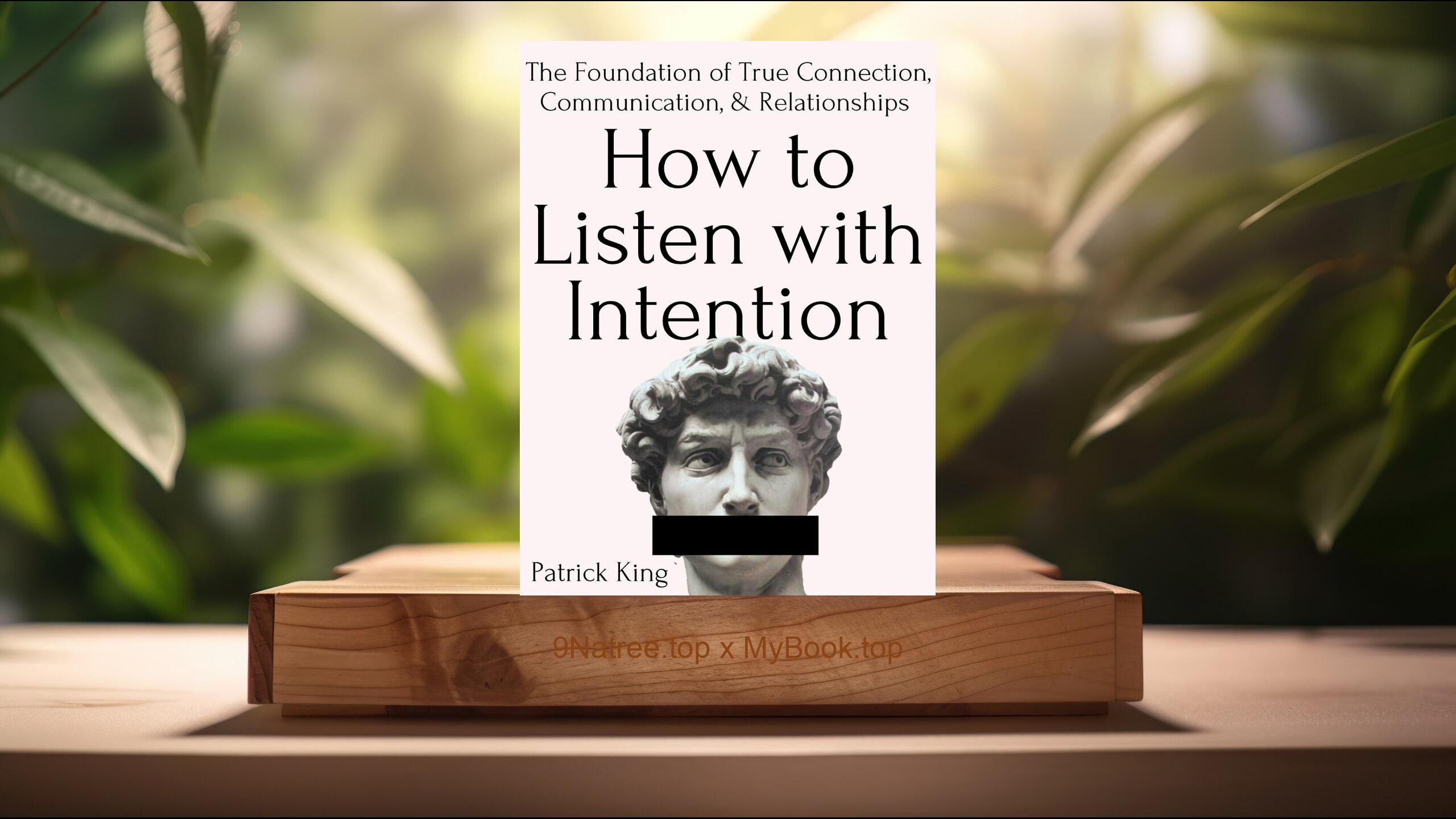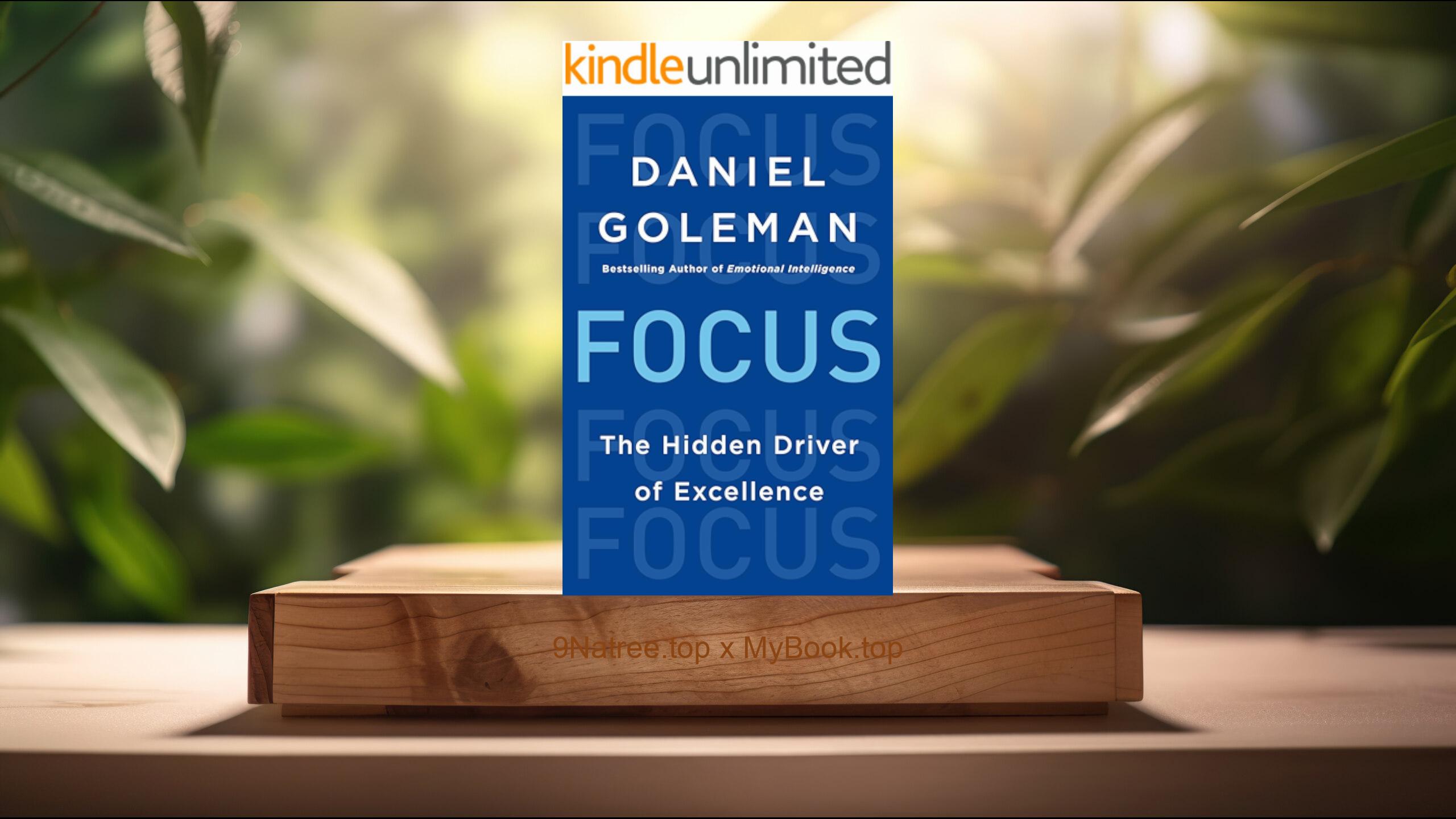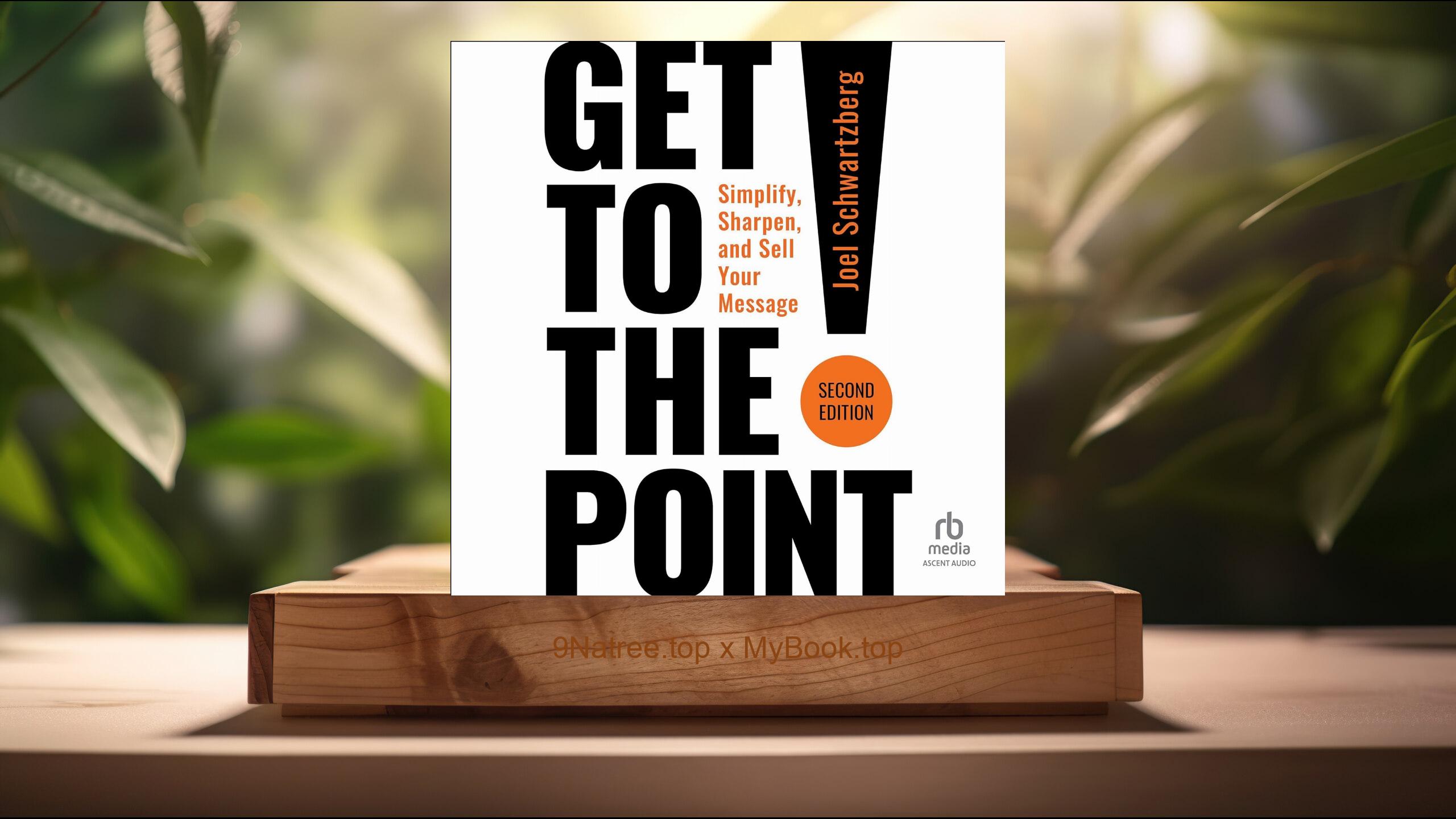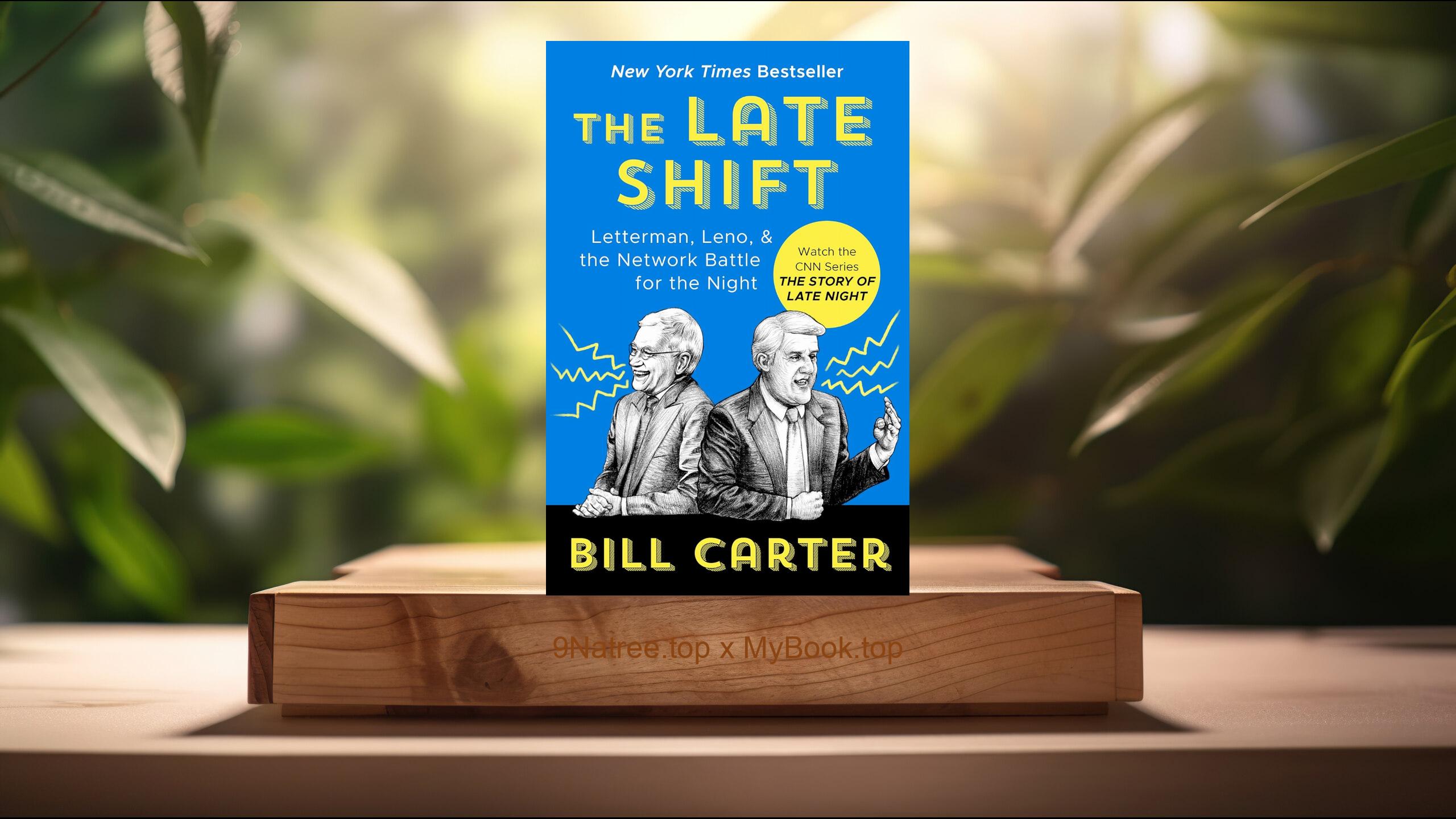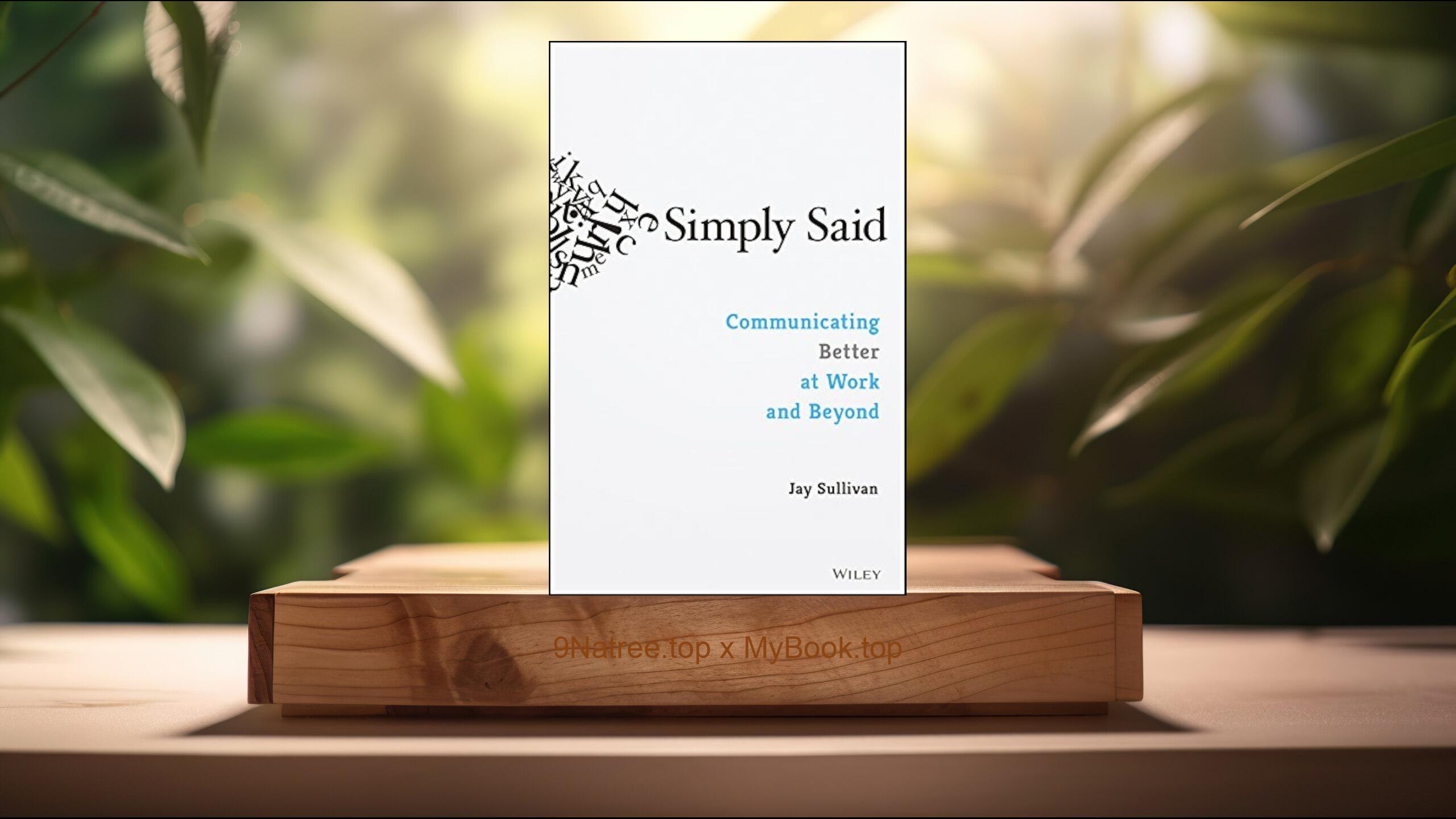Show Notes
Buy on Amazon: https://www.amazon.com/dp/B09PTLY4BL?tag=9natree-20
Read more: https://mybook.top/read/B09PTLY4BL/
#AnnieDuke #DecisionMaking #StrategicQuitting #SunkCostFallacy #Uncertainty #Quit
These are takeaways from this book.
Firstly, The Stigma of Quitting, Quitting is frequently perceived negatively in society, being associated with failure, lack of perseverance, and a shortfall of grit. Annie Duke challenges this notion by dissecting the psychological and cultural factors that contribute to the stigma of quitting. She explores how societal expectations and narratives about success have led us to undervalue the strategic benefits of knowing when to walk away from unproductive situations, investments, or goals. Duke argues that this stigma can lead individuals to pursue losing endeavors for too long, draining resources and mental well-being in the process.
Secondly, Decision Making Under Uncertainty, One of the core themes of 'Quit' is the complexity of making decisions under conditions of uncertainty. Duke applies principles from game theory and decision science to demonstrate how individuals can better assess their options when outcomes are uncertain. She emphasizes the importance of evaluating the expected value of different choices and considering opportunity costs. Duke's experience in poker, a game of incomplete information and high variance, sheds light on practical strategies for dealing with uncertainty and making informed decisions that include the possibility of quitting as a viable option.
Thirdly, Opportunity Costs and the Sunk Cost Fallacy, A significant barrier to quitting, as identified by Duke, is the sunk cost fallacy — the tendency to continue investing in a losing proposition because of the time, effort, or money previously invested. Duke explains how recognizing and overcoming this cognitive bias is crucial for strategic quitting. She discusses the concept of opportunity costs — the potential benefits missed out on when choosing one path over another — and how they should factor into decision-making processes. The exploration of these economic principles provides readers with a valuable framework for evaluating when continued investment in an endeavor makes sense, and when it's time to cut losses and move on.
Fourthly, The Role of Identity in Quitting, Duke uncovers how personal and professional identities can complicate the quitting process. Often, people resist quitting activities, jobs, or relationships because they have become integral to their sense of self. Duke examines the psychological mechanisms behind this resistance, including loss aversion and identity protection, and offers strategies for disentangling self-worth from specific pursuits. This section illuminates the importance of flexibility in self-concept and the ability to adapt one's identity in response to changing circumstances or new information, fostering a healthier approach to quitting.
Lastly, Strategies for Effective Quitting, Finally, Duke offers concrete strategies for quitting effectively. She outlines how to conduct a thorough analysis of one's commitments, identifying which are no longer serving their intended purpose. Duke stresses the importance of setting pre-defined criteria for quitting before embarking on new ventures, which can help in mitigating the influence of emotional attachments and cognitive biases on decision-making. Additionally, Duke discusses the significance of communication and negotiation in the quitting process, providing readers with tools to exit situations gracefully and maintain valuable relationships and networks intact.
In conclusion, Annie Duke's 'Quit: The Power of Knowing When to Walk Away' is a must-read for anyone looking to make more informed decisions in their personal and professional lives. By redefining quitting as a strategic choice rather than a sign of failure, Duke offers a liberating perspective that can help individuals optimize their paths to success. This book is particularly beneficial for those who find themselves stuck in unfulfilling jobs, toxic relationships, or counterproductive habits. By applying Duke's insights, readers can learn to recognize when persistence is no longer rewarding and how to harness the power of strategic quitting to improve their well-being and achieve their goals. The book’s dismantling of the stigma around quitting and its detailed examination of the decision-making process make it a valuable resource for anyone looking to navigate life’s uncertainties with confidence and clarity.
![[Review] Quit: The Power of Knowing When to Walk Away (Annie Duke) Summarized](https://episodes.castos.com/660078c6833215-59505987/images/1713555/c1a-085k3-zo591z46h2g8-bsff25.jpg)
